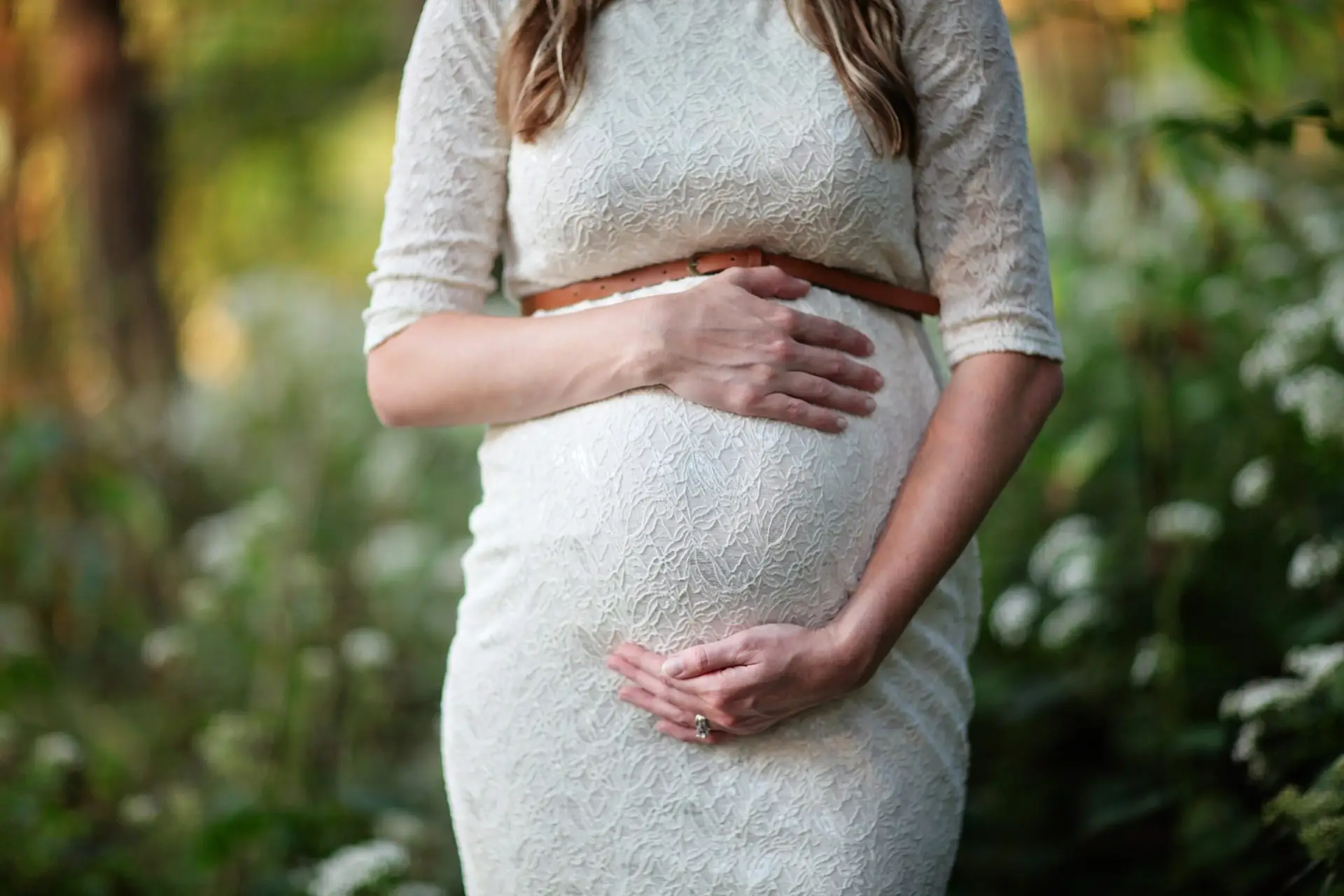Ectopic pregnancies account for 1 in 80 pregnancies. It occurs when a woman’s ovum, that has been fertilised, gets stuck somewhere else instead of moving down her fallopian tube to develop in the womb. Often the blockage occurs in the fallopian tube but there are also many other areas in which the pregnancy can become stuck. This common occurrence in pregnancies can be life-threatening for the mother if not treated in time.
Why do ectopic pregnancies happen?
Unfortunately there are no identifiable reasons as to why ectopic pregnancies occur, however there are a number of factors that lead to increased chances of them occurring such as;
- Previous Ectopic Pregnancies
If there is a history of ectopic pregnancies occurring before then there is an increased chance of them occurring again. - Fertility Treatment
There is a chance of ectopic pregnancy resulting from embryo transfer during IVF treatment, as embryos can travel into the fallopian tube, for example, during the implantation stage. - Older Ages
The older the individual, the higher the risk for ectopic pregnancy.
- Pelvic Inflammatory Disease
If there is a history of previous infections in the fallopian tubes, then this is a factor that can increase chances of having an ectopic pregnancy.
- Previous Surgery
If surgery was carried out around the pelvic or abdominal area then this may lead to complications down the line resulting in an ectopic pregnancy. - Endometriosis
This is a condition where cells, like the ones lining the womb, grow elsewhere in the body but still react to the menstrual cycle each month and bleed despite there being no way for the blood to leave the body. - Emergency Contraception
It is possible for an ectopic pregnancy to occur in the same cycle after trying to prevent the pregnancy after.
Symptoms of an Ectopic Pregnancy
There are a few symptoms you should keep an eye out for that could indicate you are having an ectopic pregnancy.
- Severe abdominal and pelvic pain or cramps
- Abnormal vaginal bleeding (light vaginal bleeding is normal during the first trimester of pregnancy but you should always seek medical attention to be on the safe side and ensure your pregnancy is progressing as it should).
- Lightheadedness or fainting
- Rectal pressure
Prevention
Unfortunately there is no way to prevent an ectopic pregnancy but there are a few ways to decrease your chances of having one.
- Limit your number of sexual partners
- Always practice safe sex to avoid diseases and infections
- Don’t/stop smoking
Conclusion
Unfortunately there is no way of preventing an ectopic pregnancy or saving the pregnancy when it occurs. If detected promptly the mother can hopefully avoid complications.
If you are in the early stages of pregnancy and have any of the above mentioned symptoms, it is wise to get an early pregnancy scan to make sure that the pregnancy is definitely within the uterus and not in an ectopic location.
